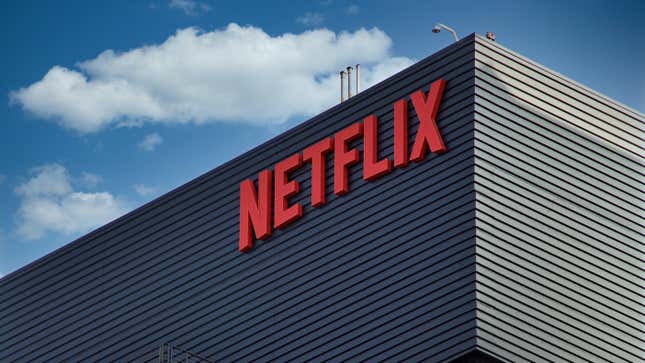
We knew this day was coming: Netflix wants you to stop sharing your account with friends and family, and would prefer that those users pay for their own account or not stream at all. You’ve probably heard about the company’s plans to crack down on this sharing, and even talk that it’ll charge per extra user. We now know how the company plans to roll out these changes in the US, and it’s a little different than expected.
It doesn’t look like we have an exact timeline yet for when these policies will officially roll out, but Netflix has updated its “Sharing your Netflix account” Help Center page to detail how the policy will work.
How Netflix plans to limit password sharing
In short, Netflix’s new policy is this: “A Netflix account is for people who live together in a single household,” like something out of a Bible verse. According to the Book of Netflix, anyone who lives outside of the household needs their own account. It’s a departure from the password sharing model we’ve heard up until now, where Netflix would charge a certain amount for each user accessing an account from outside the household.
Netflix says it uses IP addresses, device IDs, and account activity from devices signed into your Netflix account to determine whether the device is streaming inside the household or outside of it. If you’re the account owner or live in the same house as the account holder, you can stream and download Netflix to your heart’s content as long as you have enough screens on your particular plan. If you don’t, Netflix would like to remind you it has multiple plans at multiple price points, such as their new ad-tier plan.
That said, Netflix won’t completely stop you from watching on an account outside the household. Even if you aren’t trying to share an account, traveling still exists, and it would be an affront to customers if they couldn’t watch Stranger Things from their hotel room. Here’s Netflix’s policy for watching outside of your home base: If you’re using a device that connected to the household wifi to watch Netflix, you should have no problem using it while outside the household. Watch a show on your iPad at home, and it should be smooth sailing when you access your account on vacation.
How to get around Netflix’s “home base” password restrictions
According to Netflix’s US instructions, it seems like it’s pretty easy to stream on devices that have never connected the household’s wifi. If you try to watch on, say, your smart TV outside of the account holder’s house, you will initiate a prompt to verify that device. The account holder will receive a four-digit code to their email or phone number, and you must enter that code on your device within 15 minutes. If you do, your device will be verified as part of the household, and you should be good to go.
Netflix seems to regard this process as necessary for household members who are traveling outside the home base for too long. However, it’s a pretty obvious loophole for people who want to use someone else’s account as they do now. Periodically verifying devices is probably worth more than an individual Netflix subscription to a lot of people.
Netflix could crackdown harder on US customers in the future
Don’t get too excited, though. Netflix might make things more difficult than that in the future. In Chile, Costa Rica, and Peru, Netflix requires you to sign into Netflix on the household wifi once every 31 days. Otherwise, that device will be blocked from the service until it reconnects to the household wifi. That makes it difficult to share accounts when people don’t live close together, and virtually impossible on devices that aren’t portable. Sure, you could sign into Netflix on a laptop or tablet whenever you visit your parents, but are you going to lug your smart TV home, too?
It’s not clear if that policy is making its way to the US, as well: Netflix is currently testing other policies in these countries, including charging for password sharing, so we may or may not see a policy shift in the future.
However, if the US Help Center page is to be believed, these changes aren’t here yet. For those of us who want to continue sharing accounts outside our households, it should still be pretty easy to do, assuming you don’t mind your friends and family pinging you, “Hey, what’s the Netflix code?”
